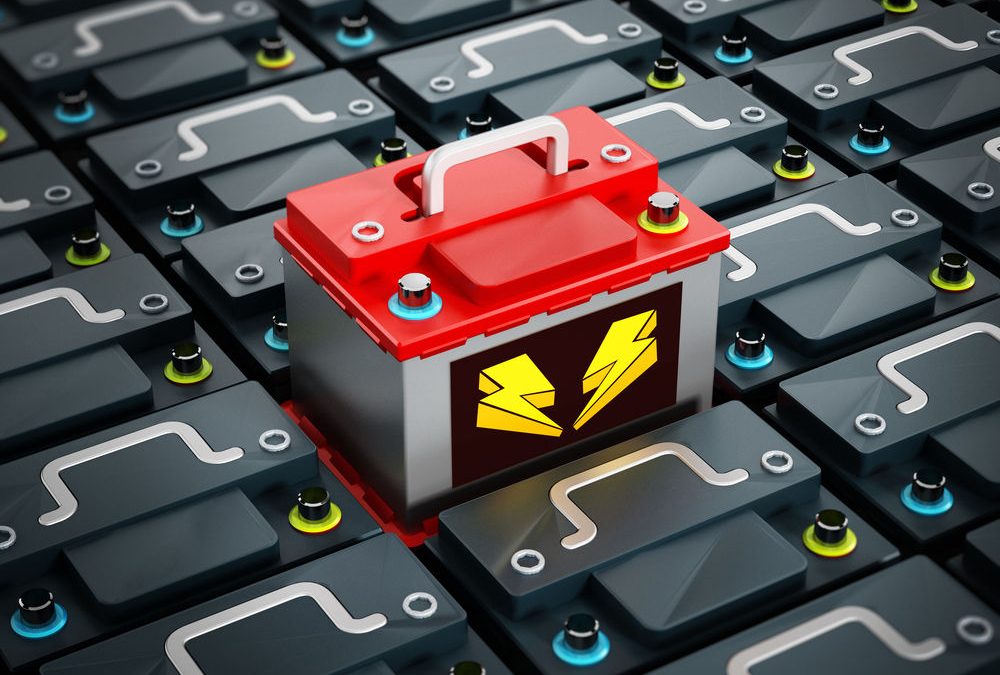In a surprising move that has sent shockwaves through the electric vehicle (EV) industry, China’s Contemporary Amperex Technology Co. Limited (CATL), the world’s largest EV battery maker, has significantly reduced its lithium mining targets.
This decision has sparked a surge in lithium stocks in the US, with companies like Albemarle, SQM, Lithium Americas, and Standard Lithium seeing substantial gains.
The cutback raises critical questions about the future of battery technology and whether the industry is shifting toward sodium-ion batteries.
Lithium-ion vs. sodium-ion batteries
Lithium, known for its high energy density, has long been the preferred choice for EV batteries due to its efficiency and performance.
However, its rarity and the high costs associated with its extraction have posed challenges for scalability.
Lithium-ion batteries are also costly to produce because they use copper, an expensive metal.
Sodium, in contrast, is 500 times more abundant and can be easily extracted from seawater, which significantly reduces mining costs.
Sodium-ion batteries rely on aluminum, which is much cheaper than copper.
Although sodium is less dense and traditionally less efficient than lithium, technological advancements are making sodium-ion batteries increasingly viable.
They offer advantages such as higher operational temperature ranges, reduced fire risk, faster charging times, and longer lifecycles.
Chin’s progress in sodium-ion batteries
China has been at the forefront of developing sodium-ion battery technology.
Recently, the country launched the first phase of the world’s largest sodium-ion battery energy storage system (BESS).
Operated by Datang Hubei Energy Development, a state-backed company under the State-owned Assets Supervision and Administration Commission (SASAC), this facility is set to double its capacity, further solidifying China’s lead in this technology.
Sodium-ion batteries’ similarity in design to lithium-ion batteries means they can potentially replace lithium-ion technology without major changes to existing systems.
This ease of transition could make sodium-ion technology a more attractive option for large-scale deployment, positioning China to lead in this emerging field.
The reduction in lithium mining by CATL, while causing immediate gains for lithium stocks, also signals a potential shift in the EV battery landscape.
As technology for sodium-ion batteries advances, they could become a more cost-effective and efficient alternative to lithium-ion batteries.
This shift might eventually reduce the demand for lithium, impacting the mining industry and altering market dynamics.
For now, lithium stocks can celebrate the temporary boost from CATL’s reduced supply.
However, investors and industry stakeholders should stay alert to the evolving technology landscape.
Sodium-ion batteries, with their growing technological advancements and lower production costs, could become a formidable competitor, potentially reshaping the future of EV batteries and making lithium mining less central to the industry’s growth.
The post World’s largest EV battery maker cuts lithium mining targets: is the industry switching to sodium-ion batteries? appeared first on Invezz

